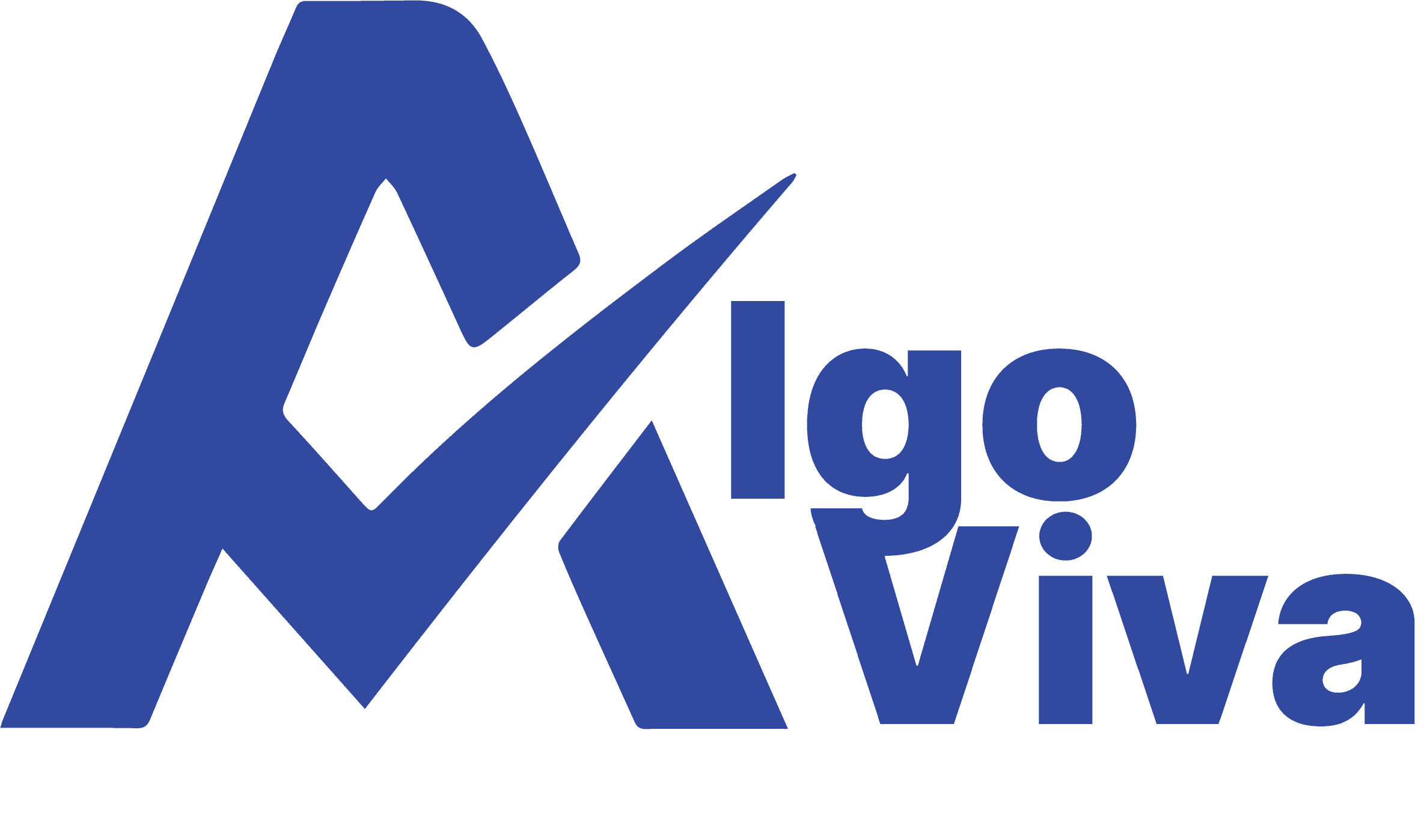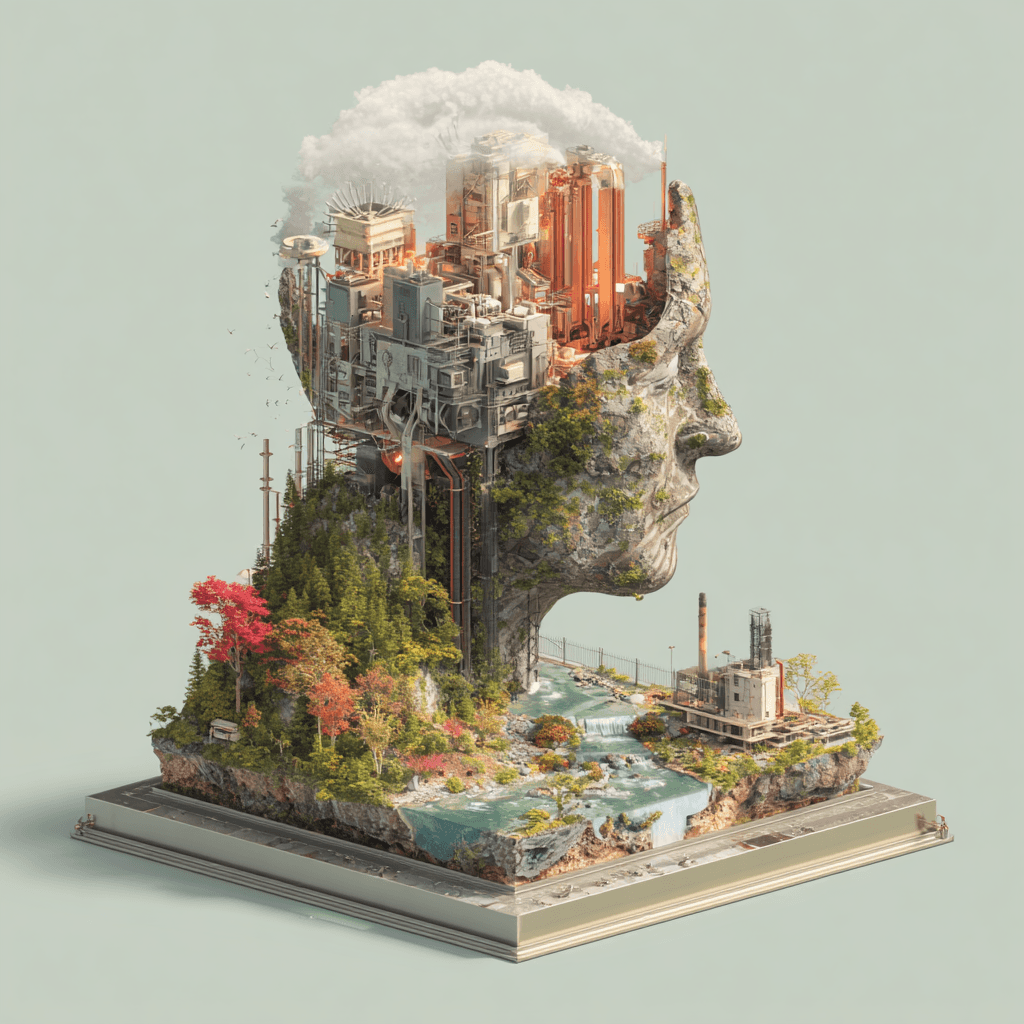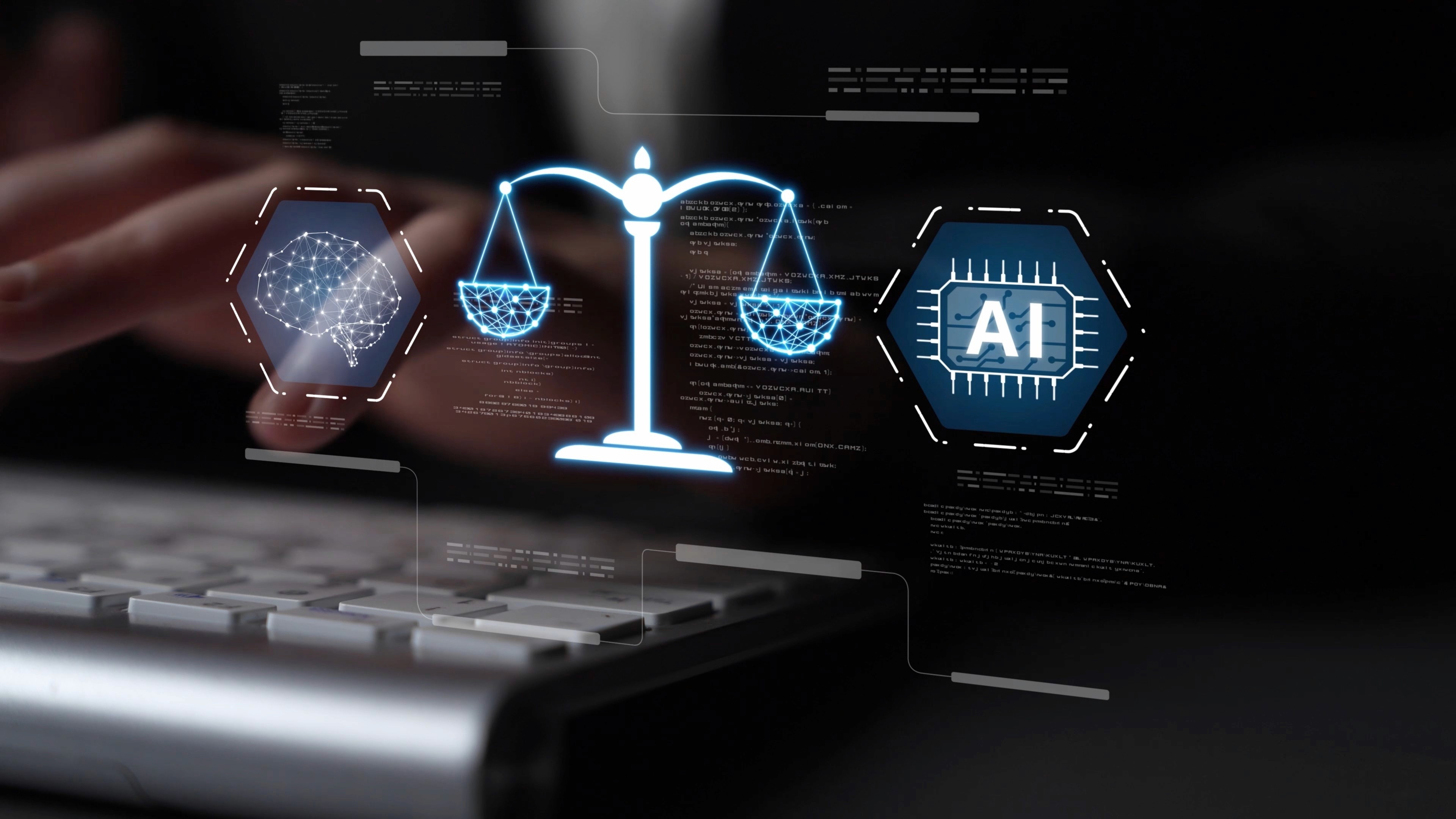Resources
AI is helping young Africans sound more polished, but it may also be quietly reshaping who gets recognised. If fluency becomes the filter for opportunity, fairness is no longer guaranteed.
The story of my father’s typewriter is more than a family memory. It is a lesson about technological change and human resilience. When the computer replaced the typewriter, many people like him were left behind, not because they lacked effort, but because the systems around them failed to adapt with empathy. That experience shaped my lifelong commitment to ensure that no one is excluded by progress. Today, through AlgoViva, we work to align people, processes, and values so that technology serves humanity, not the other way around.
The AI masterclass I joined promised skills and quick success, but it left out something crucial: ethics. It focused on what AI can do, not what it should do. That gap is not just a flaw in training; it reflects a global problem. At AlgoViva, we aim to change that by helping organisations build AI systems grounded in fairness, trust, and responsibility.
When I first heard about the launch of the world’s first fully AI-powered hospital, I imagined what it could mean for Africa’s healthcare challenges. The potential was inspiring, yet I soon realised that technology alone is not enough. Without representative data, strong governance, and ethical oversight, these innovations can deepen inequality rather than solve it. AlgoViva was born from this understanding. We work to ensure that AI systems are designed and deployed responsibly, balancing purpose with performance so that technology truly serves people and the planet.
I believe technology should not only mirror the world but help shape it for the better. At AlgoViva, I work to make AI a true creative partner that amplifies diverse voices and expands what is possible.
AI is helping young Africans sound more polished, but it may also be quietly reshaping who gets recognised. If fluency becomes the filter for opportunity, fairness is no longer guaranteed.
The story of my father’s typewriter is more than a family memory. It is a lesson about technological change and human resilience. When the computer replaced the typewriter, many people like him were left behind, not because they lacked effort, but because the systems around them failed to adapt with empathy. That experience shaped my lifelong commitment to ensure that no one is excluded by progress. Today, through AlgoViva, we work to align people, processes, and values so that technology serves humanity, not the other way around.
The AI masterclass I joined promised skills and quick success, but it left out something crucial: ethics. It focused on what AI can do, not what it should do. That gap is not just a flaw in training; it reflects a global problem. At AlgoViva, we aim to change that by helping organisations build AI systems grounded in fairness, trust, and responsibility.






